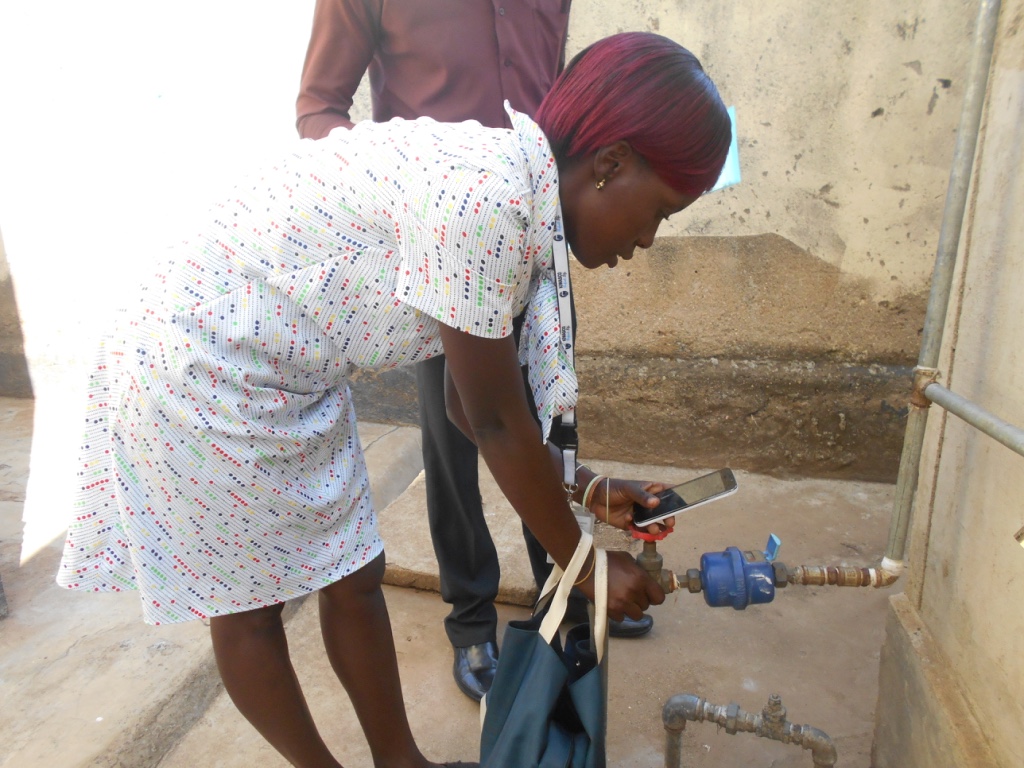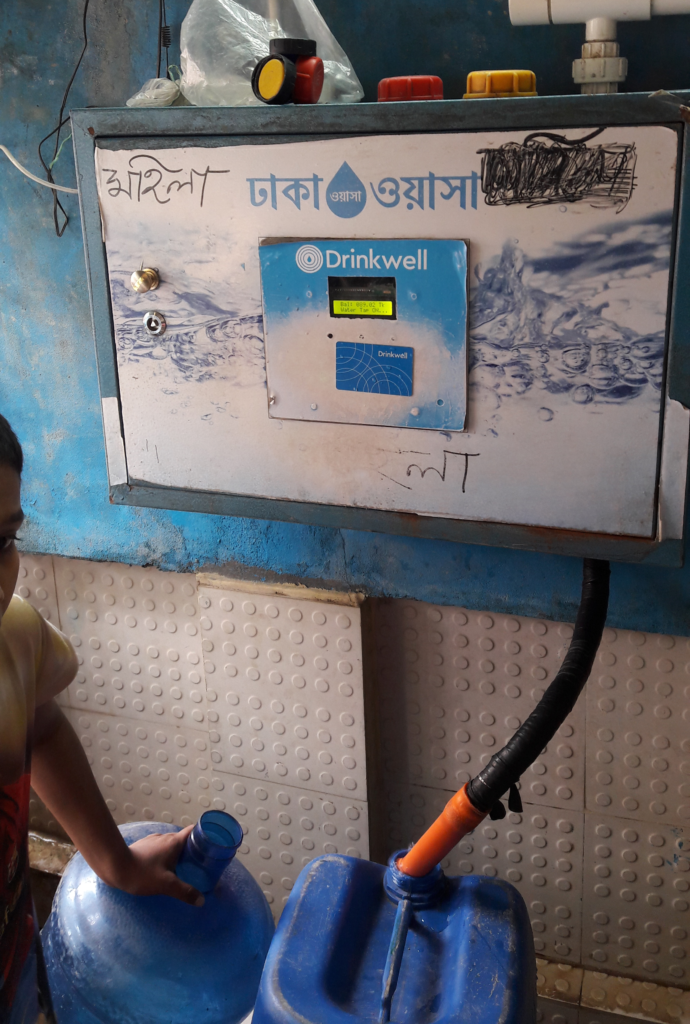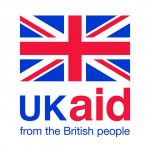World Water Week At Home was hosted virtually between 24 and 28 August 2020. The GSMA Mobile for Development Utilities team hosted a panel session focused on the topic of scaling digital innovations in the urban water sector in emerging markets.
With the increasing ubiquity of mobile networks and innovative mobile services, our mission is to leverage this technology to develop innovative digital solutions to reach more people with safe, reliable and affordable services. This session brought to light the intricacies of working with utilities and building successful partnerships, digitising utility services at scale, and the role development finance institutions (DFIs) play in scaling digital solutions. We convened a panel with wide-ranging experience in the water sector to discuss the critical factors they have encountered in their journey to scale.
The panel
- Halima Murunga is head of business development at Wonderkid. Wonderkid are a technology solutions provider headquartered in Nairobi. Wonderkid work with 40 utilities across Kenya, Malawi, Nigeria, Liberia, Mozambique, and the Democratic Republic of Congo. Combined, the utilities they work with have service areas covering 29 million people. Halima also acts as Chief Product officer for Invest Sou Sou, a US based FinTech and as a Digital Payments Advisor of UNCDF.
- Taqsem Khan is managing director of Dhaka Water and Sanitation Authority (DWASA). DWASA have responsibility for serving the 19 million people living in the Dhaka metropolitan areas. He has been managing director for the last 10 years, and in this time DWASA have taken several big steps forward in digitalising operations.
- Minhaj Chowdhury is CEO and co-founder of Drinkwell. Drinkwell is a social enterprise that delivers water services through blended finance franchise business models. Founded in 2013, Drinkwell have deployed over 400 systems across India and Bangladesh providing over 10 million litres per month via public private partnerships.
- Maria Angelica Sotomayor is Practice Manager for Eastern and Southern Africa with the World Bank’s Global Water Practice. She also has responsibility for leading the Bank’s work on city-wide inclusive sanitation globally. She has 25 years’ experience working with World Bank in various senior roles.
Key takeaways
1. For B2B digital providers, building a user-centric and adaptable service offering is key
Fundamental to having a relevant service offering is ensuring that the digital tools clearly solve a relevant problem. Murunga initiated the discussion by revealing the importance of developing a customisable, adaptable tool. Aggregating demand across utilities allowed Wonderkid to develop a standardised, but adaptable, suite of digital tools. Utilities who work with Wonderkid can select the tools that address their specific problems and pricing of the tools is based on the size of each utility.

Offering a customisable solution has set Wonderkid apart from competitors and has enabled the growth and scale of their tool. These tools further enable utilities to track key metrics established, either internally or by the regulator. Ensuring that these tools produce data relevant to assessing performance, at all organisational tiers, is important to driving adoption and habituating their use.
2. Peer-to-peer learning among utilities is key
Khan revealed that in 2010, DWASA realised that without digital tools, they would not be able to ensure access to water for Dhaka’s citizens. They launched a round of investments and capacity building to digitalise the service. Today, they work with four different companies that have helped them digitise every part of the service chain. DWASA have deployed SCADA, a computer system used by management for process monitoring and automation. They have also invested in a mobile-enabled fully automated waste treatment plan for the city. In order to successfully deploy and scale these innovations, DWASA encourages utilities to share their learnings. DWASA has partnerships with utilities and peer organisations across the world who share knowledge and advice to enhance digital capacity.
Like DWASA, Wonderkid’s theory of change is connected to the logic that digital solutions can enable transparency. This transparency must be fostered at both an internal level within the utility, as well as externally among citizens.
3. For innovations to thrive they must be cost-effective and, in time, pay for themselves
Drinkwell aims to use digital technology to provide water to the four million floaters in Dhaka who don’t have access to safe drinking water. Previously, people without piped water in their households, would have to go to one of the city’s 700 pumps that were supposedly free. However, these pumps would often be taken over by “musclemen” who would illegally charge for the water. To fix this problem, Drinkwell formed a public-private partnership with DWASA to establish a build-own-operate agreement where DWASA provides Drinkwell access to land, water and electricity sources. In turn, Drinkwell seek to attract impact investment and grants to set up the water systems, with the water then dispensed via pay-as-you-go (PAYG) at no cost to DWASA.
“I am excited for the potential of PAYG solutions in the water sector and I believe it will attract more commercial financers who see the benefits of the model”
Minhaj Chowhury, CEO of Drinkwell

Wonderkid argued that economically, the cost of a smart meter has to be comparable to a normal analogue meter to justify the investment. Utilities’ revenue typically has a split of 70 per cent from commercial clients and 30 per cent from domestic clients. Strategically speaking, utilities should start by installing smart meters for those commercial clients who often require daily meter readings so meters can be tracked in real time. Wonderkid has witnessed smart meters in commercial clients being paid back within two years. The main driver for the adoption of these meters is that it leads utilities to become more commercially sustainable.
Drinkwell’s advice to innovators is to examine a business model and look at its cash flows to ensure that the project is sustainable in the long term. With the help of grant funders, innovators can address the initial cash management risks to achieve the scale necessary to attract further funding . To do this, Drinkwell have developed a risk reduction framework where they were able to de-risk their portfolio with the help of grants and have now begun using debt to finance working capital.
DWASA’s operating ratio sits at 0.70, meaning for every $100 DWASA receive, they invest $70 into operation and maintenance. Traditionally, the deployment of metering technology is gradually paid back by the customer. However, when trialling new technologies DWASA provides the meters with the support of government, who help DWASA make up for differences between the cost of operations vis-a-vis revenue collected. DWASA has a debt-service-liability with the government where they pack their debts incrementally.
In summary, this webinar showcased key aspects of how digital solutions can be deployed and scaled in order to improve water service levels for all. Digital tools need to solve a pressing problem for utilities and their consumers, and be adapted to the nuances of that problem in each context. In turn, digital solutions need to pay for themselves, though grant financing can be an important ingredient on the way to scale. Sharing insights across utilities can also expedite scale, and we hope this webinar is one additional step in that direction.
The GSMA Mobile for Development (M4D) Utilities programme is funded by the UK Foreign, Commonwealth & Development Office (FCDO), and supported by the GSMA and its members.



